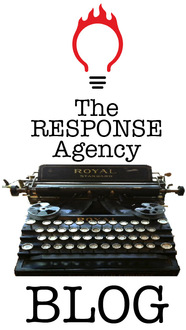When government gets involved in food definitions, the results can be comic or tragic. On the comic side, for instance, is that prune marketers have long lobbied for permission to refer to their product as “dried plums.” I lump that under comic because, well, dried plums are kind of what prunes are. Just as—forgive me if this spoils one of your favorite snacks—raisins really are dried grapes. For all I know, you’d need permission to say that, too.
On the tragic side are the abuses heaped upon consumers who think that when they buy food labeled “natural” or “organic,” that’s what they’re getting. It is legal for farms to use unnatural and inorganic chemicals and still call their products “natural” and “organic.” Oh, and you know those “free range” cattle and chickens? Most of them never even leave the barn. That’s because, very often, the “range” is naught but a limited-access, patio-sized patch of grass adjacent to barn. The animals like the barn better, and if you saw the patch, you wouldn’t blame them. Further, it is legal to incarcerate milk cows without parole and call them “free range,” too. No one does a better job of exposing such malarky than Michael Pollan in his book Omnivore’s Dilemma.
Getting government to allow marketers to lie is neither marketing’s nor government’s finest achievement.
—Steve Cuno
P.S. I recommend both Positioning and Omnivore’s Dilemma. But take care not to get carried away. Things aren’t quite as simple as the authors would have you think.
P.P.S. The evidence shows that natural/organic and standard farming are a nutritional wash. The latter, however, offers the not-incidental advantage of dramatically increasing yield per acre, which rather helps feed us all. Matt Ridley does a good job of explaining this in his recent book, The Rational Optimist.
 RSS Feed
RSS Feed



